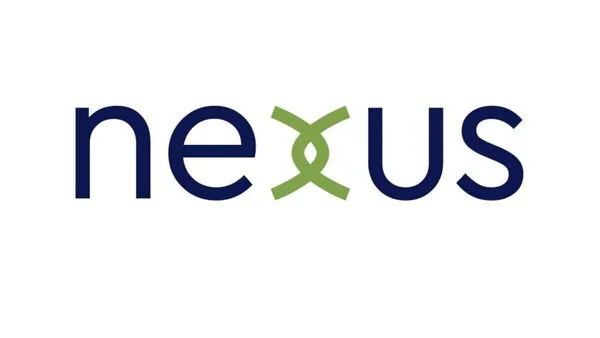Venture capital firm Nexus Venture Partners has executed a strategic move by selling a portion of its holdings in India Shelter Finance Corporation (ISFC). This divestment, valued at Rs 482 crore, involved offloading 64 lakh shares, representing a 5.97% stake in the housing finance company.
Previously, Nexus held a dominant stake of 28.2% in ISFC, accumulated through various funding rounds. This latest transaction significantly reduces their ownership to 15.35%. The shares were sold through open market transactions on the Bombay Stock Exchange (BSE) at prices ranging from Rs 752.35 to Rs 753.27 per share.
Potential Reasons for Divestment:
Nexus’ decision to trim its stake could be driven by a combination of factors. Here are some possibilities:
- Portfolio Rebalancing: Venture capitalists often strategically adjust their portfolio allocations to maintain diversification and manage risk. Selling a portion of a matured investment like ISFC could free up capital for Nexus to invest in new ventures.
- Investment Strategy Shift: Nexus’ investment strategy might have evolved to focus on different sectors or growth stages of companies. The affordable housing segment, where ISFC operates, may no longer align perfectly with their current investment priorities.
- Strategic Exit: Having achieved a desired level of return on their investment, Nexus might have opted for a strategic exit to maximize profits. This could be particularly relevant if they foresee a slowdown in the affordable housing market.
Market Implications:
The immediate impact of this divestiture on ISFC’s day-to-day operations remains unclear. However, the long-term implications for the company and the housing finance sector deserve consideration:
- Investor Confidence: A significant investor like Nexus selling a portion of their stake could raise questions about their confidence in ISFC’s future prospects. This could potentially impact investor sentiment and the company’s stock price.
- Shifting Landscape: Nexus’ move might reflect a broader shift in the affordable housing finance sector. Investors may be adopting a cautious approach due to a slowdown in real estate, prompting them to re-evaluate their positions in companies like ISFC.
The coming months will be crucial for both Nexus and ISFC. While Nexus may utilize the freed-up capital to explore new ventures, ISFC will need to navigate the housing market uncertainties and demonstrate its continued strength to retain investor confidence. The success of both entities will depend on their ability to adapt to the evolving market dynamics.















